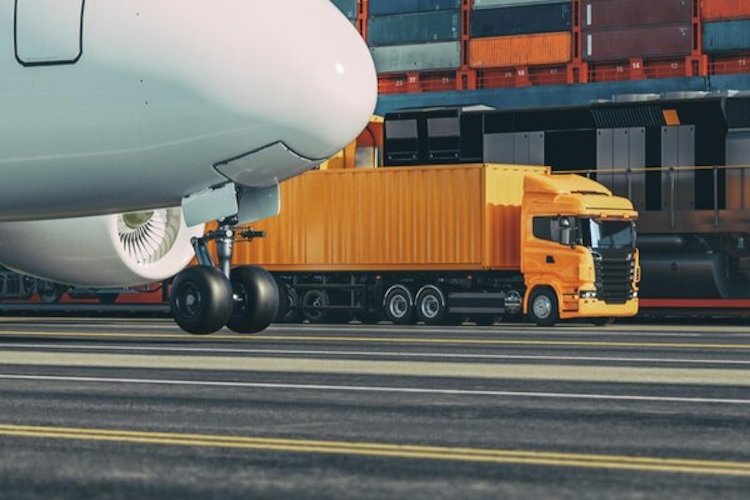Logistics companies are turning to robotics and automation as way out of the coronavirus crisis, according to the a new report by the International Finance Corporation, an arm of the World Bank.
Governments around the world have responded to the crisis by designating logistics and supply chain companies as “essential” business and have exempted them from lockdown measures.
But even though they have been allowed to continue operating, logistics and supply chain companies have struggled, particularly with labor shortages.
Although many airports around the world are closed to passenger flights, most are still open to cargo, which can be essential to the Covid-19 response – for example, to transport medical supplies
Closer collaboration between governments and third-party logistics companies has also been necessary to address supply chain bottlenecks and facilitate clearances.
Third-party logistics companies have adopted a range of responses to these uncertainties, including:
New safety protocols: To protect their staff’s health, some companies have introduced new protocols on social distancing at warehouses, disinfecting work areas, or providing protective gear, while giving staff unlimited unpaid time off.
However, these efforts, which come at a higher financial cost, cannot guarantee protection against outbreaks in confined warehouses.
Alternative modes of transport: Many companies are using creative alternatives to their go-to transport modes.
Since the reduction of passenger flights has reduced airplane belly cargo capacity, companies such as DHL have used charter flights to transport shipments to and from China.
Airlines are also repurposing passenger aircraft for cargo. Some observers are even forecasting a boom for the China-Europe rail as 60 percent of the air freight capacity between China-Europe has vanished.
Adapting service offerings to current demand and safety protocols: Some larger players have been playing an important role in delivering medical supplies.
For example, UPS provided free air transport for 2 million masks and protective gear to Wuhan in February. Companies are also adapting to demand.
Warehouses and retailers are focusing on grocery deliveries since demand is high for essential products, while companies in the last-mile segment are offering no-contact delivery options, some of which include robots.
Logistics has been in the midst of a tech-driven revolution, notes the IFC.
Companies with robust digital capabilities that allow them to provide cargo visibility / traceability and do business online are at an advantage.
This would entail investments in technology, such as the internet of things, cloud computing, automation, and data analytics.
In the long term, robotics, drones, and autonomous vehicles might reduce logistics services providers’ exposure to labor shortages, says the IFC.

